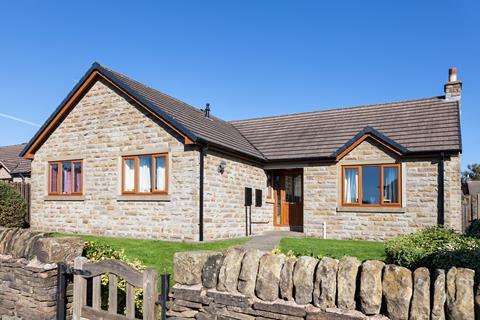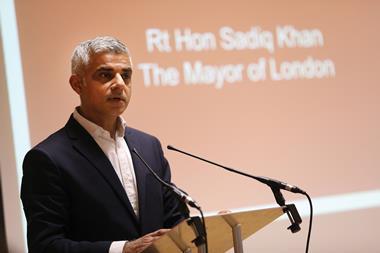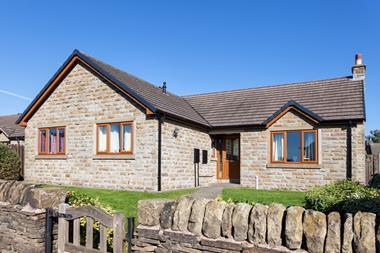Over the next 20 years, the number of people aged 65-84 in the UK will rise by almost 39% and the number of people over 85 will rise by 106%.

Yet the amount of suitable homes for older people in the UK is not increasing at anywhere near the same rate, which has huge knock on effects.
According to recent analysis on ‘last-time buyers’ from Legal & General, around £1trn of the UK’s housing stock is owned by those aged 55 or over, in a house that’s too large for them – the equivalent of 3.1 million households.
This is partly why MPs and peers in the All Party Parliamentary Group for Housing and Care for Older People have this month pushed for more bungalows across the country, particularly in rural areas, and asked councils to ensure new homes for pensioners are prioritised, whether it’s small village developments or larger retirement villages.

Over the next five years, we at Brio Retirement Living have ambitions to build five new retirement villages per year, each comprising around one hundred homes: a mixture of bungalows, one- and two-storey cottages and apartments.
This will go a small way to addressing the undersupply of new homes available for older people, but we require a joined-up, nationwide approach to ensure that we can truly meet the needs of our ageing population.
Making new retirement villages successful is very much about creating integrated communities where younger generations are sharing skills with their older neighbours and vice versa.
Another important part of the sector’s aims should be to help free up homes in the wider housing market for families and second-time buyers. We’ll be conducting ongoing research at Brio so that we can monitor this cascade effect as we develop more age-specific villages across the UK.
I’m pleased to see that these issues have been making headlines as we need to keep talking about future-proofing our country for generations to come.





























No comments yet